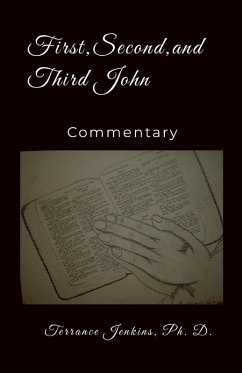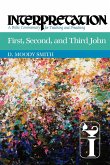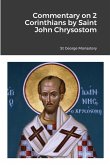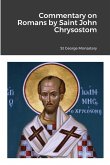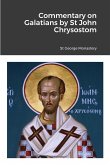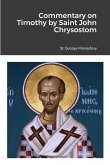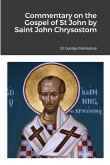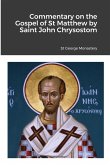All three of John's Epistles are different than other letters in that they do not have a specific address nor final greetings. First John was written to combat a teaching called Docetism, a more developed doctrinal position of Gnosticism but this writer has continually called it by the general term of Gnosticism. This teaching says that the created world and all material things are evil, which is a subtle and dangerous idea that the spiritual is always good and the material is always evil. Therefore, Jesus could not and did not have a physical (material) body because even the flesh was evil. Thus, He only appeared as a physical being. John did indeed write to combat such teaching, not so much to confront it but to show that Jesus Christ was indeed the Virgin-born Son of the Father, who took upon Himself flesh and bone through the Incarnation. John intended to show that God was so good to send His "only begotten Son" - Jesus Christ to take our place, take our sins upon His own body, die in our place, and be raised from the dead so that we could believe in Him, follow Him, and go to heaven with Him. wrote to correct this subtle and dangerous idea that the spiritual is always good and the material always evil. When this letter was written, the Gnostics prided themselves on their special knowledge because they thought they were essentially spiritual in nature while the ordinary people were doomed to be materially minded and ignorant of the truth. John does not spend a lot of time denouncing the errors of those false teachers but rather combats them by the presentation of the truth of the Gospel as taught by the Apostles and conserves most of his writing for a positive presentation of the correct message of God through Jesus Christ. Second John is addressed from 'the elder' to 'the elect lady and her children'. This is in all likelihood a symbolic manner of addressing a church (cf. 1 Peter 5:13), perhaps intending to baffle any hostile people into whose hands the letter might fall (1-3). We have no idea about who this elect lady might be - this could be a symbolic word for the church or it could be a particular lady. Third John is a private letter (like Philemon) addressed to the elder's friend Gaius, who was a leading member in another Church. He is commended for his attachment to the truth and for showing practical love to travelling preachers who depended on the churches for their keep (1-8).
Bitte wählen Sie Ihr Anliegen aus.
Rechnungen
Retourenschein anfordern
Bestellstatus
Storno

